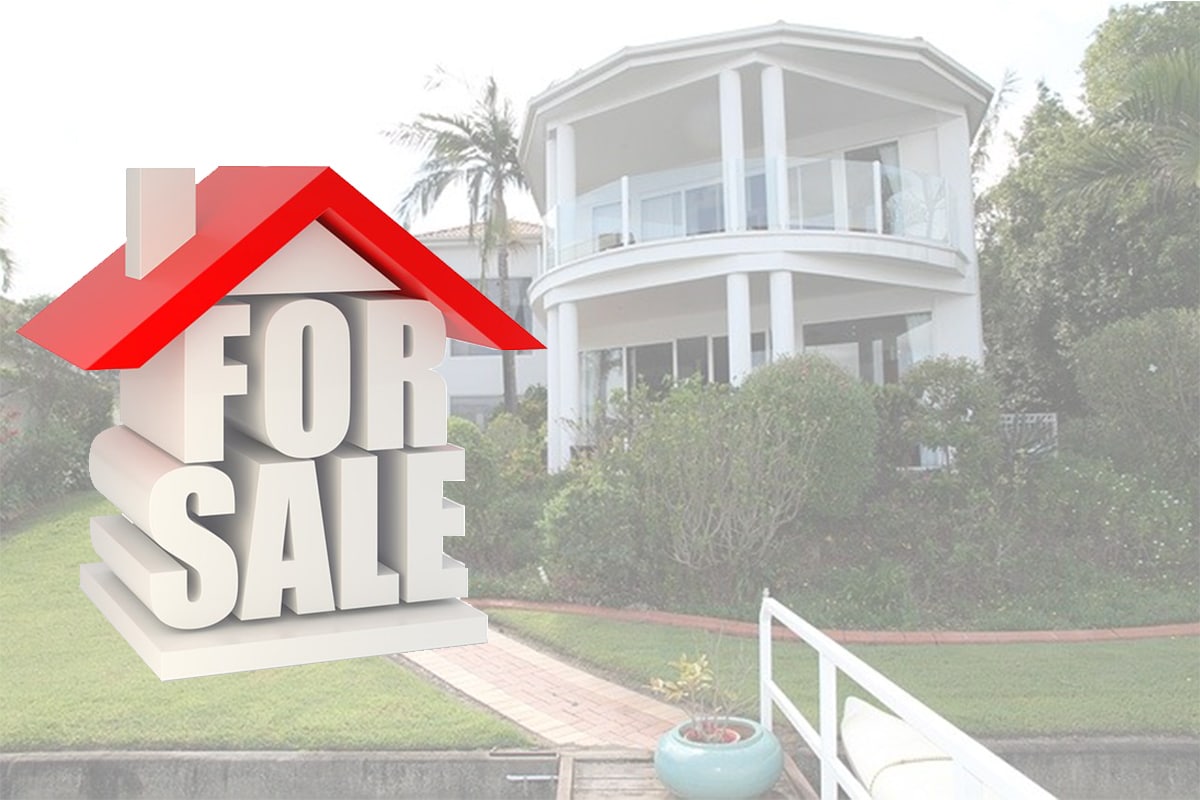

Updated on May 27, 2020
With no timeline for how long California’s emergency declaration is to remain in effect, California property sellers and buyers are left wondering: what’s next?
Whether you are currently in a real estate deal, close to closing your real estate purchase, or considering whether to list or buy a property, do not despair.
For those who are finding it difficult to timely perform the terms of an existing real estate contract, an existing statute in the California Civil Code may be the remedy.
For those who are listing and buying properties, the prescription may be to add contract terms that provide for the potential obstacles and delays that the parties may encounter prior to the close of sale.
Are you already in a real estate transaction? Are you having trouble closing your real estate purchase or sales? You are not alone if you are experiencing delays caused by the coronavirus that have impacted the daily operations of escrow companies, title insurance companies, lenders, and real estate brokerages all across the state.
As either a buyer or a seller, it may be that you have a force majeure clause in your purchase and sales agreement that allows a party to suspend or terminate its performance of a contract term.
Keep in mind that California Civil Code section 1511 contains another helpful statutory provision that may help to excuse a party’s performance of a sales term, if the delay is caused by coronavirus.
Civil Code section 1511 provides that in following limited circumstances, a party’s failure to perform, or delayed performance of an obligation or an offer to perform, may be excused:
1. When the performance or offer is prevented or delayed “by the act of the creditor, or by the operation of law, even though there may have been a stipulation that this shall not be an excuse.”
When can a buyer or seller invoke this provision? Because the statutory provision requires that the failure to perform or delay in performance must be caused “by the act or the creditor” or “by the operation of law,” it may be possible to exercise this provision if any applicable “shelter in place” or “safer at home” or other local ordinances and rules enacted by the authorities prevent or delay the party’s performance.
Keep in mind, however, that to exercise this provision, the party that failed to perform or delayed its performance must give written notice to the other parties that satisfies the statute. Notice must be given “within a reasonable time after the occurrence of the event excusing performance, of an intention to claim an extension or time or of an intention to bring suit or of any other related intent” and the notice must be “reasonable and just.”
2. The Code also provides that if a failure to perform or delay in performance is due to “an irresistible, superhuman cause,” there are statutory grounds to excuse performance. In the novel circumstance such as the coronavirus pandemic that we are currently in, a buyer or seller who is prevented from performing a contract term may have a strong argument for applying this provision.
The statute itself does not provide a requirement for written notice to exercise this provision. But when possible, it may be advisable to provide written notice in any case as a matter of courtesy and to work out any anticipated issues with the opposite party.
If you find yourself in a dispute regarding the purchase or sale of a property and would like to speak with an attorney at Schorr Law, do not hesitate to give us a call. Schorr Law has dealt with many purchase and sale disputes, including specific performance cases. Send us a message through our contact form, or give us a call at (310) 954-1877.
Watch our video here: